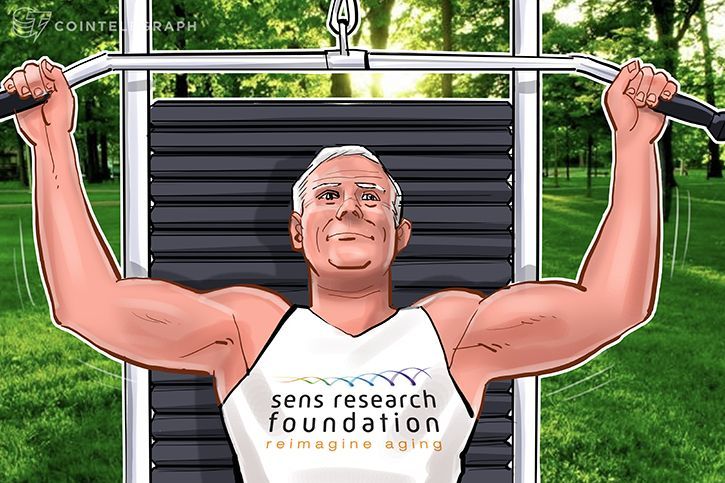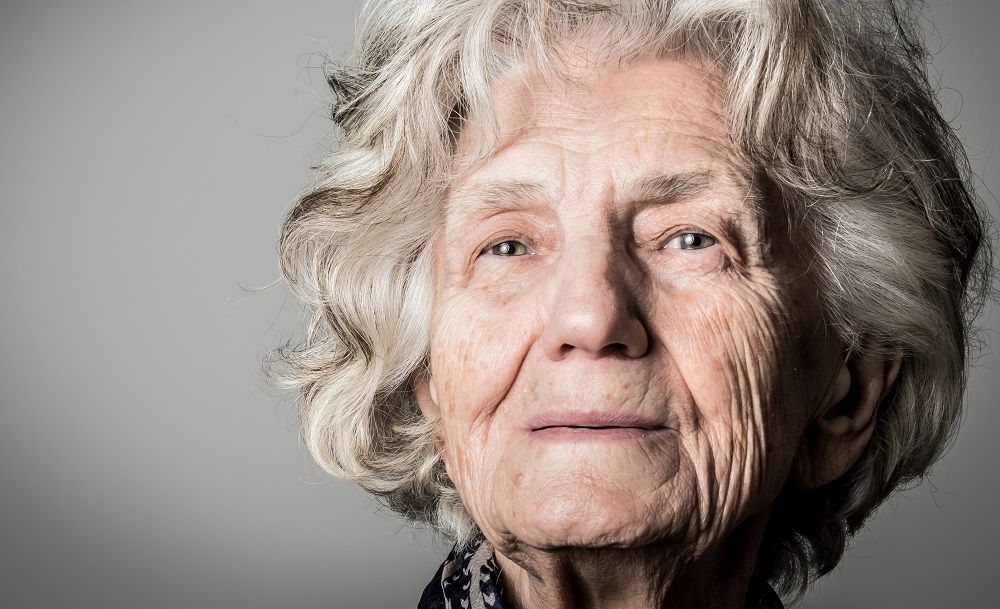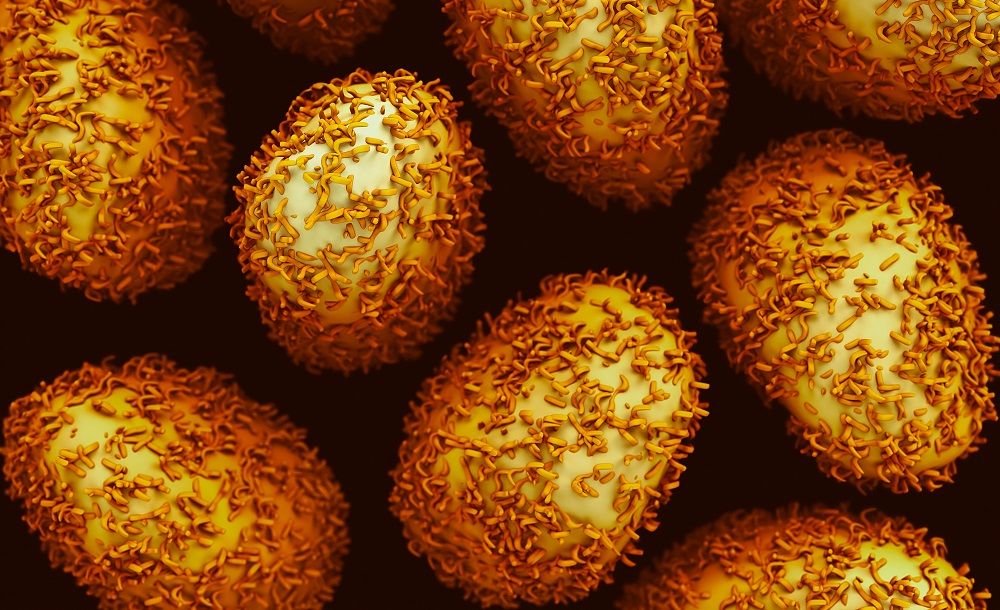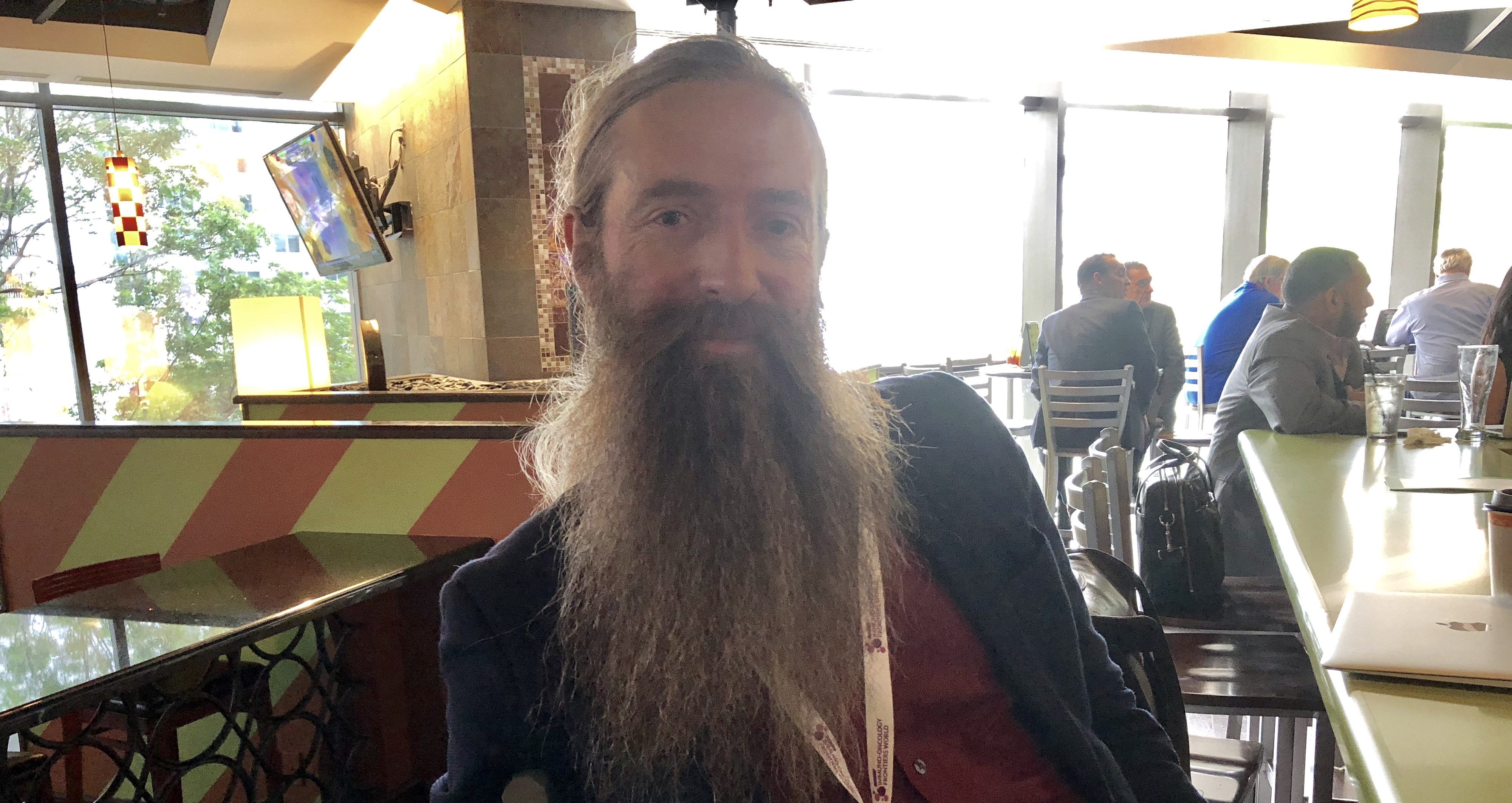Vitalik Buterin, co-founder of Ethereum, donated $2.4 mln in ETH to a charity researching solutions for aging, “one of the greatest problems facing humanity”.



Researchers say there is not an upper limit to human lifespan. However, a new report from the CDC suggests that both sides of the debate may be missing the point.
Summary: Several researchers say there is not an upper limit to human lifespan, contradicting studies which point to a maximum human lifespan. However, a new report from the CDC suggests that both sides of the debate may be missing the point. [This article first appeared on LongevityFacts. Author: Brady Hartman. ]
While many studies have set an upper limit on human lifespan at around 115 to 120 years, other researchers argue that there is no upper limit. This article presents both sides of the debate over the existence of a maximum human lifespan.
Upper Limit to Human Lifespan
The trouble started last year when several new studies announced that human lifespan is limited to about 115 – 120 years.

Part of Vittorio Sebastiano’s job is to babysit a few million stem cells. The research professor of reproductive biology at Stanford University keeps the cells warm and moist deep inside the Lorry I. Lokey Stem Cell Research Building, one of the nation’s largest stem cell facilities. He’s joined there by an army of researchers, each with their own goals. His own research program is nothing if not ambitious: He wants to reverse aging in humans.
Stem cells are the Gary Oldman of cell types. They can reprogram themselves to carry out the function of virtually any other type of cell, and play a vital role in early development. This functional reprogramming is usually accompanied by an age reset, down to zero. Sebastiano figures that if he can separate these different kinds of reprogramming, he can open up a whole new kind of aging therapy. Nautilus caught up with him last month.

Researcher Dr. Dena Dubal, from the University of California San Francisco, is considering a new approach to combat neurodegenerative diseases, such as Alzheimer’s disease and dementia, using a protein known as klotho.
Aging is the foundation of age-related diseases
Instead of trying to understand each of these diseases and the complex mechanisms unique to both, she considered what all these conditions have in common; the answer, of course, is aging.

Viewing party of one of the most highly-anticipated science fiction stories onto the screen. Richard Morgan’s Altered Carbon on Netflix. Introduction speech by Dr. Aubrey de Grey, famous proponent of innovative biotechnologies.
Watch the premiere alongside other fans and talk about what you would do if you could live another 100 years.


Summary: Activating T cells in tumors destroyed most traces of cancer in mice, and had ‘amazing, bodywide effects,’ Stanford University researchers reported. The researchers are recruiting lymphoma patients to test the approach in a clinical trial. [This article first appeared on the website LongevityFacts.com. Author: Brady Hartman. ]
Researchers at the Stanford University School of Medicine used two novel agents to activate immune system T cells in tumors. The immune-boosting treatment destroyed most traces of cancer in mice the researchers reported in a study published on Jan. 31 in the journal Science Translational Medicine.
Injecting tiny amounts of two immune-stimulating agents directly into solid tumors in mice can eradicate all traces of cancer in the rodents, including distant metastases, the researchers found. The novel approach works for many different types of cancers, including tumors that arise spontaneously, the new study found.

Aging is not a mystery, says famed researcher Dr. Aubrey de Grey, perhaps the world’s foremost advocate of the provocative view that medical technology will one day allow humans to control the aging process and live healthily into our hundreds—or even thousands.
“The cultural attitudes toward all of this are going to be completely turned upside down by sufficiently promising results in the lab, in mice.”
He likens aging to a car wearing down over time; as the body operates normally, it accumulates damage which can be tolerated for a while, but eventually sends us into steep decline. The most promising way to escape this biological reality, he says, is to repair the damage as needed with precise scientific tools.
For those of life extensionists who are in San Francisco or not far from it!
Tomorrow, February 2, 7:00 PM – 11:00 PM PST, 54 Washburn St, San Francisco there will be the *Premiere Viewing Party*!
In the beginning of the party longevity researcher & TED Fellow *Aubrey de Grey* will be making some remarks on the current state of longevity research here in the real world before we partake of the fictional one.